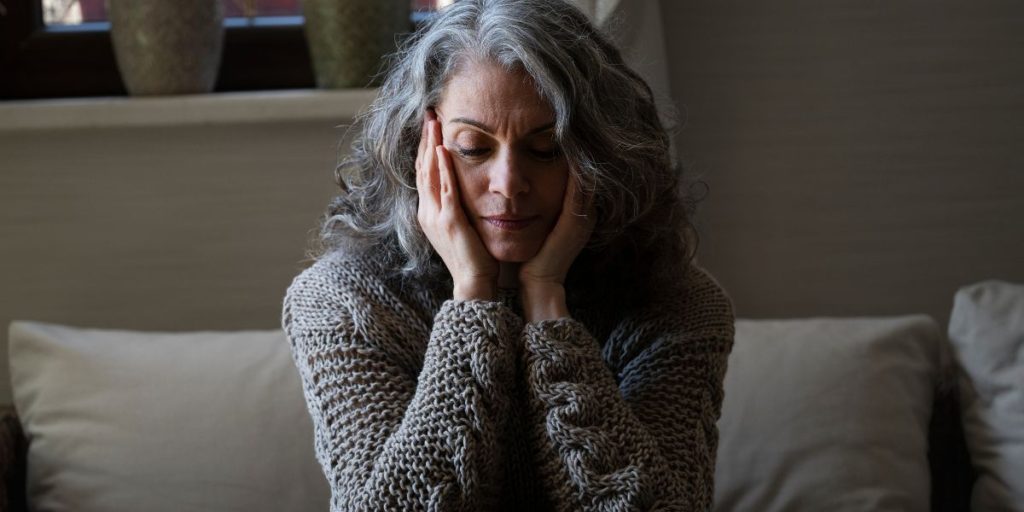Depression and anxiety are common mental health conditions that are often wrongly used interchangeably. It is possible to have both at the same time, since one condition can lead to another. Though they do share their similarities, they have distinct differences in terms of the symptoms, emotions, and causes. Depression vs anxiety: what’s the difference? Let’s find out!
What is Depression?
Depression is a mood disorder that affects how you feel, think, and behave. It can easily impact your daily life, relationships, and ability to function. Symptoms of depression can include:
- Persistent feelings of sadness, hopelessness, or emptiness
- Loss of interest in activities you enjoyed before
- Feelings of worthlessness or guilt
- Changes in appetite or weight
- Difficulty sleeping or oversleeping
- Fatigue or lack of energy
- Difficulty concentrating or making decisions
- Thoughts of death or suicide
Depression can result from a combination of genetic causes, environmental causes, and/or changes in brain chemistry. It can be triggered by a stressful event, such as the loss of a loved one. Certain medications and substance abuse can also be a cause of depression. Although depression can occur at any age, it often begins in late adolescence or early adulthood.
What is Anxiety?
Anxiety is a mental health disorder characterized by excessive worry, fear, and apprehension about everyday situations, activities, or events.
- Restlessness or feeling on edge
- Difficulty concentrating or focusing on tasks
- Irritability or a sense of impending doom
- Avoidance of certain places or situations
- Panic attacks
- Muscle tension
- Difficulty sleeping or insomnia
- Fatigue or exhaustion
Anxiety can be caused by stress and trauma that you may have experienced. It can occur during your childhood, adolescence, or adulthood.

Depression vs Anxiety: The Distinct Differences
As you can see, when you compare the two lists of symptoms, you can see that there are some similarities, such as sleep issues, concentration problems, and fatigue. However, there are some differences.
Anxiety and depression can both impact your emotions but in different ways. Depression can lead to a sense of hopelessness and a lack of belief that things will ever get better, while anxiety involves excessive worry and fear. If you are depressed and do not have anxiety, you may feel less worried about future events, as you may think that things will continue to be bad. Whereas, if you have anxiety, and don’t have depression, you may develop fear or excessive worry about the future.
Sufferers of depression and anxiety can also experience different physical symptoms. Depression is associated with moving slowly, with reactions that are dulled, while anxiety can be associated with a racing heartbeat, sweating, and shaking.
Treatment Options: Depression vs Anxiety
Medication Management: Certain antidepressant and anti-anxiety medications can be effective in treating depression and anxiety.
Individual and Group Therapy: Participating in individual or group therapy can help individuals feel less isolated and provide a sense of community and understanding.
Modern Psych: Providing Depression and Anxiety Treatments
Whether you have depression, anxiety, or both, Modern Psych has years of experience in treating those with these conditions. Our team will find the right treatment or a combination of treatments that works for your unique needs. Consult with Modern Psych today to learn more!





